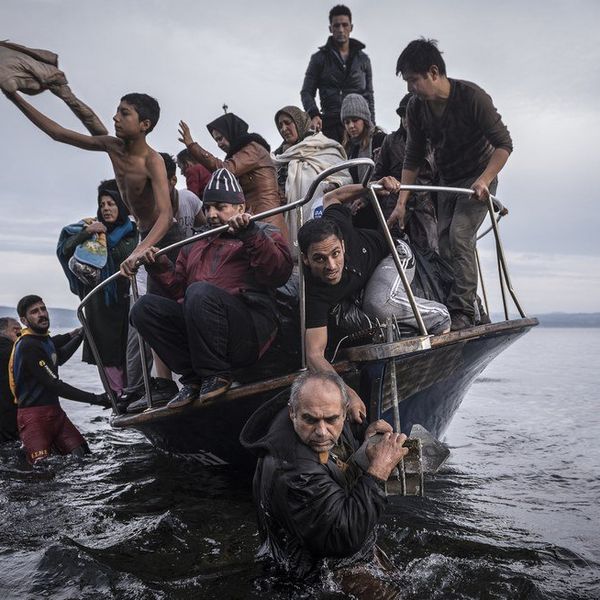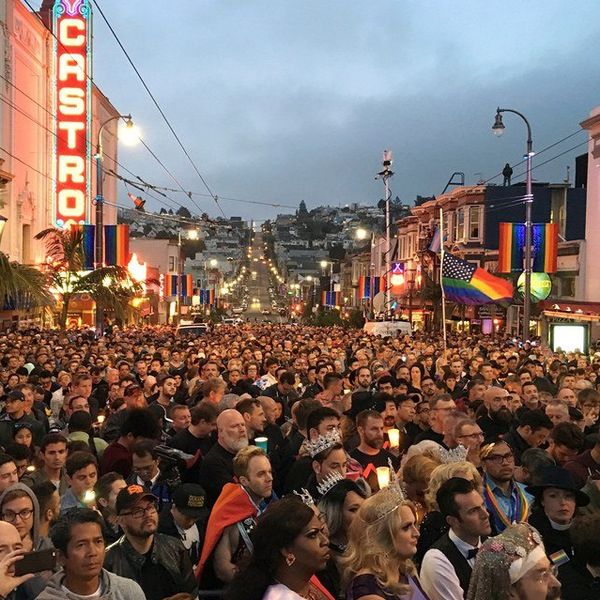Currently, Syria is experiencing the worst humanitarian crisis that we know of.
Today, the death toll is around 450,000 citizens whose fatalities are at the hands of government and Russian forces, ISIS, armed opposition factions, international coalition forces, and unidentified groups.[1] Demonstrations began in March of 2011 as part of the Arab Spring. And although they were peaceful at first, the protests became more and more violent as time went on. By July the Free Syrian Army had basically been formed and fissures between religious, secular, and ethnic groups widened immensely. The situation intensified in 2015 with outside airstrikes. Now, in 2016, Aleppo city is almost completely destroyed and roads are completely blocked off and more than 11 million Syrian civilians have been displaced and more than 50% of them are children.[2]
Bordered by Syria on the north, east, and south, Lebanon has become the country with the most Syrian refugees. But Lebanon refuses to follow Jordan in allowing legal refugee camps due to their experience with Palestinian refugees after the 1948 Palestinian war. Any more construction than plastic and timber structures is prohibited. And even if a refugee could find a place to live in, the cost of living is expensive due to a residency policy enacted in 2014. Any Syrian refugee over the age of 15 has to pay an annual residency fee of $200 to live legally in Lebanon.
Some are profiting off of the refugee population in the form of rent and cheap labor. But resentment is building. Locals have become more and more concerned with trying to house and feed families of their own in the midst of an already struggling infrastructure and economy. Demands for more employment and a better sanitation system have doubled all across Lebanon. But as a result of the influx of refugees in recent years, Lebanon is starting to crumble again. Wages are going down and without financial aid from the government and the UN it will only get worse.
The turning point, CNN reported in 2012, was a car bomb in central Beirut that killed Lebanon’s intelligence officer Brig. Gen Wissam al-Hassan who publicly opposed Syrian President Bashar al-Assad.[3] The attack catalyzed sporadic fighting to occur and lawmakers, opposed to Syria’s presence and allied with Hezbollah, to call for the government’s resignation. The events surrounding al-Hassan can be paralleled with assassination of former Prime Minister of Lebanon Rafic Hariri on February 14th, 2005. Hariri was a prominent figure in the anti-Syrian opposition that’s main goal was to drive Syrian troops out of Lebanon.
Many of Lebanon’s current government members are looking at repatriation as the only way to stop Lebanon from tumbling further downhill. Governmental members include the interior minister’s adviser for municipal affairs, Lebanese Prime Minister, Foreign Minister, Labor Minister, and newly elected president Michel Aoun. Aoun was elected after two years of parliamentary deadlock following end of former president Michel Suleiman’s term. In 1989 Aoun declared a “War of Liberation” against Syrian army forces that resulted in his fleeing to the French Embassy in Beirut. As head of the Free Patriotic Movement in 2006, Aoun signed a memorandum with Hezbollah, strengthening the alliance with the Shi’a Islamist militant group further. In efforts to try to build a better relationship with Syria, Aoun wants to cut the animosity with Assad as well.
In response to many propositions of repatriation of Syrian refugees, Aoun has stated that he is in agreement and wishes to create a concrete plan to send the refugees back to Syrian “safe-zones”. Overcrowding, low wages, declining health services, and terrorism are just a few of the main concerns of Lebanese citizens in the current environment.
Despite the surrounding opposition, more than 1 million Syrian refugees are still living their lives in Lebanon. Some local citizens and foreigners are trying to help by building, mostly informal, schools for refugee children. George Clooney and his wife Amal, a native of Lebanon, are funding education systems with the help of their Clooney Foundation for Justice.
But even with the toughest of efforts to create safe and prosperous lives for themselves, Syrian refugees face racial discrimination, work-place violence, sexual assault, and extreme poverty.
It seems that Lebanon has reached a fork in the road – either gain billions of dollars of money in aid or enact repatriation procedures.
Consider Donating and/or Volunteering:
- Syrian American Medical Society - http://www.sams-usa.net
Medical treatment on the ground in Syria and in the countries of Lebanon, Turkey, and Jordan. - Sunrise USA - https://sunrise-usa.org
An American-based non-profit that provides emergency relief to Syrians and delivers food, provides educational support, establishes trauma-centers, and assists orphan organizations. - International Orthodox Christian Charities - https://www.iocc.org
The charities are widely accepted by Muslims and Christians alike and offers help to anyone in need. The organization provides infant care, emergency food, clothing, and bedding. Also provides a “cash-for-work” system in which women are provided with materials to knit which results in income and hand-made clothing. - United Nations High Commissioner for Refugees - http://www.unhcr.org/en-us/lebanon.html
Providing vital assistance and safe refuge to refugees worldwide. - International Rescue Committee -https://www.rescue.org/country/lebanon
Providing informal education systems, setting up cash assistance for public works and training projects, and educating/supporting girls and women.
Under new president Michel Aoun, repatriation in Lebanon for Syrian refugees is most definitely in the future. But it is not happening today or any time soon. Lebanon needs monetary support more than anything to keep standing. The 1.4 million refugees living in a country of just over 4 million is too overwhelming and the country will break at the seams quite soon. Jordan and Lebanon need to work together to provide more sufficient space in which refugees can start to rebuild their lives. Foreign countries need to show much bigger support monetarily, especially if they’re unwilling to accept refugees – which seems to be the future case for America. After money comes education. The generation of young refugees needs to start now at forming stable lives for themselves and it all begins with being able to communicate well. If Lebanon wants to stop inter-marriage between locals and refugees then their needs to be better incentives of independent lifestyles. Refugees are desperate. And if the small country doesn’t want desperation to turn into destruction it will have to come up with some other options than sending Syrians back to a war-plagued country – a decision will leave them with blood on their hands.
[1] http://www.iamsyria.org/death-tolls.html





















